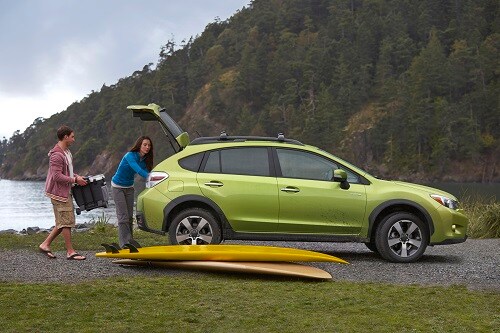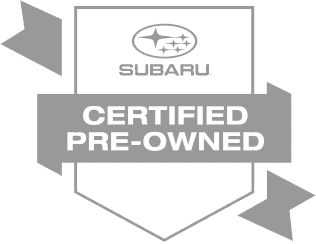

Last year, Navigant Research reported that there were more than 1.2 billion vehicles on roads worldwide. It's estimated that in the next twenty years, that number could exceed 2 billion. With more than a billion vehicles on the road, we have to consider the effect that those vehicles have on the environment.
That's why there has been a recent push for more environmentally friendly vehicles. In an effort to reduce environmental impact, and to put pressure on auto manufacturers to do the same, the state of California has established Zero-Emission Vehicle (ZEV) standards to go into effect by 2018.
The standards originally called for auto manufacturers to either make electric or hydrogen vehicles, or purchase Zero-Emission Vehicle credits from companies who have ZEV credits to spare. If a company didn't adhere to either of these requirements, they wouldn’t be able to sell their vehicles in California.
Subaru and four other small auto manufacturers requested that they be exempt from these rules. The exemption request wasn't made as an attempt to avoid making cleaner cars, but because small research and development budgets would make it difficult to adhere to ZEV standards in such a short amount of time.
But California has set a goal of getting 1.5 million Zero-Emission Vehicles on the road in the next 10 years, so the exemption wasn't granted. However, a compromise was reached.
According to Automotive News, auto manufacturers with under $40 billion in global revenue have the option to sell plug-in hybrids to earn credits towards compliance. However if a company does not sell enough hybrid vehicles, they must purchase ZEV credits to reach compliance.
Currently, Subaru only offers the XV Crosstrek Hybrid as a hybrid option for U.S. consumers. However, Subaru has announced a new Impreza Sport Hybrid to go on sale in Japan this year. It’s clear that Subaru is making steps towards cleaner vehicles, but the process takes more time with smaller companies.





